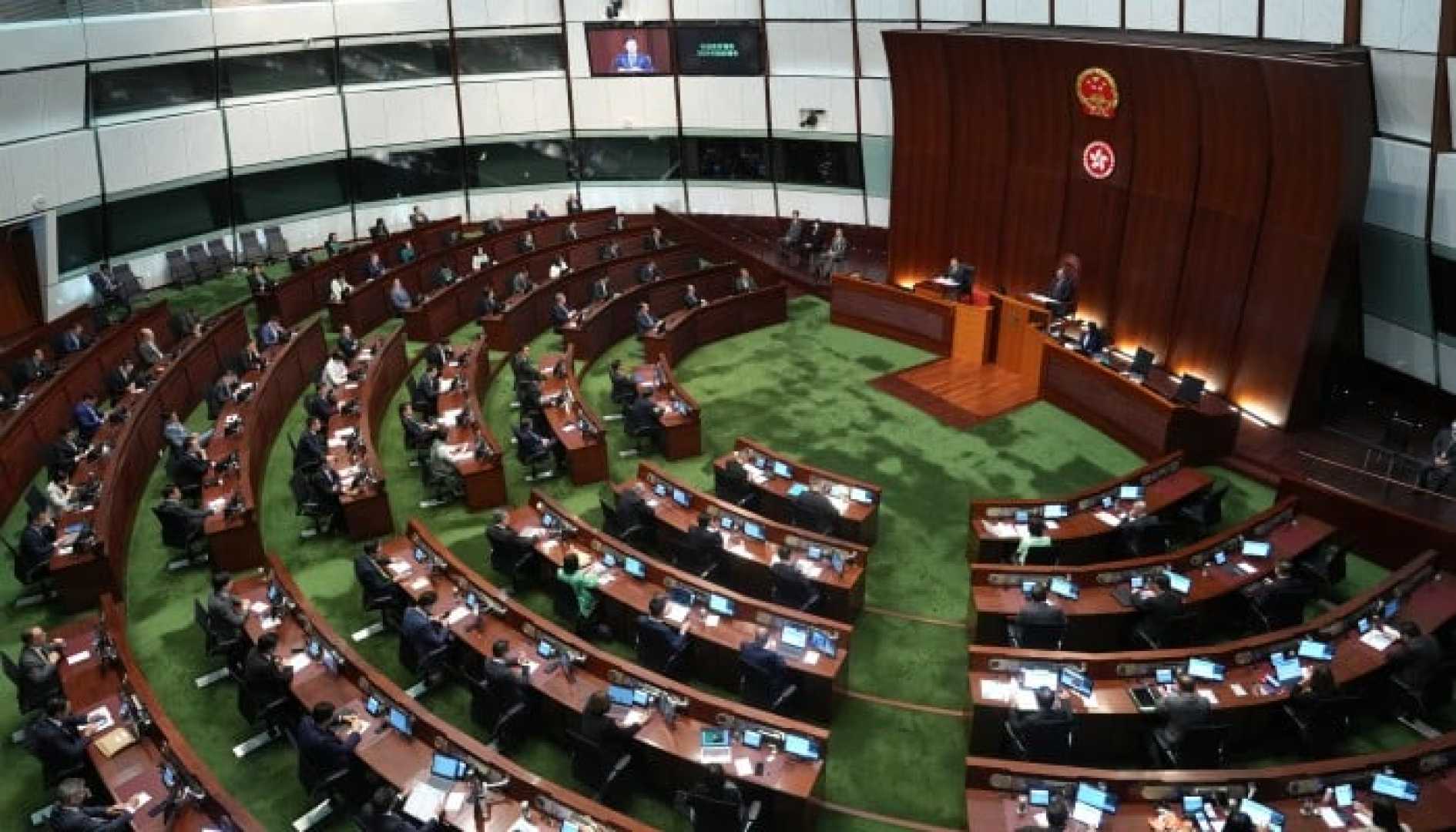News
Hong Kong Unveils Economic Reforms to Spur Real Estate and Services Sectors

The Chief Executive of Hong Kong, John Lee, has announced a series of reforms aimed at revitalizing the city’s economy, particularly focusing on the real estate sector and the services industry. These measures were detailed in Lee’s annual policy address on Wednesday, October 16, 2024, as the city grapples with an economic slowdown attributed to fluctuating real estate prices and sluggish consumer spending.
Lee, in his address, underscored the necessity of maintaining the city’s development momentum, emphasizing the need for innovation and adaptability. “We must maintain our development momentum and self-renewal, and that we must embrace changes while staying principled, innovative and flexible in meeting challenges and opportunities,” Lee stated.
One of the key measures includes loosening mortgage restrictions for some properties, thereby enabling homebuyers to borrow greater amounts. The current loan-to-value ratio caps will be adjusted, setting a uniform rate of 70% for homes valued above certain thresholds. This initiative is part of broader efforts to revive Hong Kong’s property market, which has recently seen prices dip to their lowest levels since 2016, despite previous attempts by the government to lift house prices through reduced purchase curbs and taxes.
The reforms also extend to the city’s residency program, which has been expanded to increase its attractiveness to wealthy migrants. The Capital Investment Entrant Scheme will allow potential residents to count one-third of a property investment valued at HK$50 million or more towards the required HK$30 million investment threshold.
In addition, Lee introduced a significant reduction in liquor taxes in an attempt to rejuvenate the services and hospitality industries struggling post-pandemic. The tax on spirits with an import price exceeding HK$200 will be slashed from 100% to 10%, a change designed to stimulate tourism and promote high-end dining experiences.
Hong Kong’s economic outlook remains clouded by China’s broader slowdown and geopolitical tensions, although increased exports have provided a silver lining, contributing to GDP growth within the government’s forecast range of 2.5% to 3.5% in the first half of 2024. The Hang Seng Properties Index reacted positively to Lee’s announcements, registering a rise by as much as 3% during trading.
However, despite the economic focus of Lee’s address, Hong Kong continues to navigate the complex socio-political landscape following the implementation of a national security law, which critics argue has stifled open discourse within the city. This has led to increased emigration among residents seeking more liberal environments.
These comprehensive reforms seek to bolster Hong Kong’s economic position amidst competitive pressures from neighboring financial hubs such as Singapore and Tokyo, while also addressing local fiscal challenges exacerbated by prior political and public health crises.












